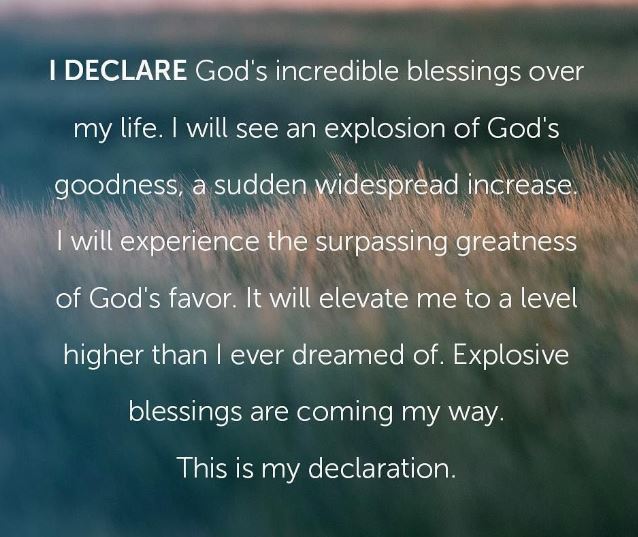According to the Chalmers Brothers in their book, Language and the Pursuit of Happiness, “Language is an action – to speak is to act.” To declare something doesn’t just involve a group of words being said with passion, but a commitment to make those words true. It is an act of presenting new possibilities to an otherwise non-existent thought or idea.
The person making the declaration needs to say it with authority, making the statement true at the moment of utterance. An example would be, “I declare this space to be smoke-free.” The space was only a regular area until you uttered those words, which means that the space became “smoke-free” when you simultaneously declared it to be such. This implies that in declaring, speaking and creating become one and the same. It is a performative speech act that requires the speaker to follow through after declaring such statements. In this case, no one else can make a declaration on another person’s behalf because then its original speaker would not be able to perform it. One of the best examples would be a pastor or minister uttering the words, “I now pronounce you husband and wife” in a wedding ceremony. Right then and there, because the minister has the authority to do so, he declares those two people to be married, and so it becomes a reality. In this case, when you make a personal declaration, it must be based on your authority and no one else’s, in order for it to be deemed true.
Experience the Power of Prophecy as a gift to open your mind to receive the Mind of Christ.

